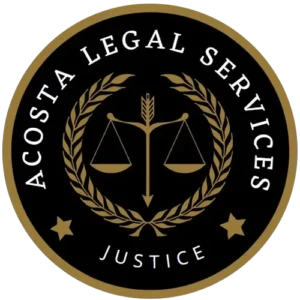Driving: Understanding the Balance Between Right and Privilege
The question of whether driving is a right or a privilege is one that often sparks debate and confusion. In reality, driving occupies a unique position in the realm of personal freedoms and societal regulations. Let’s delve into this topic to understand the nuanced relationship between driving, rights, and privileges.
Driving is often perceived as a privilege rather than an inherent right. While individuals have the freedom to travel and move about freely, the operation of a motor vehicle on public roads is subject to regulation and oversight by governmental authorities. Here’s why driving is commonly regarded as a privilege:
- Government Regulation: The operation of motor vehicles is regulated by government agencies at various levels, such as state or provincial departments of motor vehicles. These agencies establish rules and requirements for obtaining a driver’s license, vehicle registration, and compliance with traffic laws. Driving privileges are granted based on meeting these regulatory standards.
- Safety and Public Interest: The regulation of driving is grounded in the interest of public safety and welfare. Motor vehicles can pose significant risks to both drivers and other road users if operated irresponsibly or negligently. By imposing licensing requirements, testing standards, and traffic laws, governments aim to ensure that drivers are competent, responsible, and accountable for their actions on the road.
- Conditional Nature: Unlike inherent rights such as freedom of speech or assembly, driving privileges are conditional and can be subject to suspension or revocation for various reasons. Violations of traffic laws, involvement in accidents, failure to maintain insurance, or medical conditions affecting driving ability are among the factors that can result in the loss of driving privileges.
While driving is generally considered a privilege, it’s essential to recognize that certain aspects of mobility and transportation can be viewed as fundamental rights. For example, access to transportation for essential needs such as work, education, healthcare, and participation in community life can be considered fundamental aspects of personal autonomy and societal inclusion.
In conclusion, the question of whether driving is a right or a privilege is not a simple dichotomy but rather a nuanced interplay between individual freedoms, public safety, and regulatory oversight. While driving privileges are subject to government regulation and can be revoked under certain circumstances, the broader concept of mobility and transportation access encompasses elements of both rights and privileges. Understanding this balance is crucial for promoting safe and responsible driving practices while respecting individual liberties and societal interests on the roadways.




